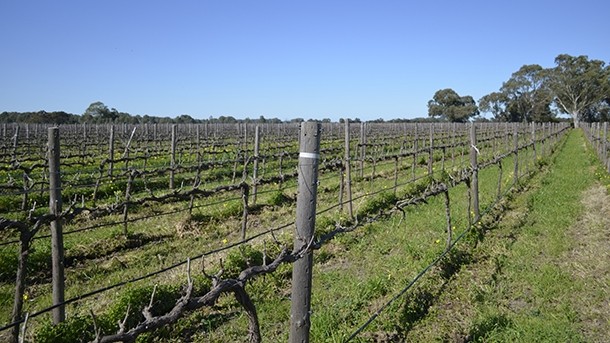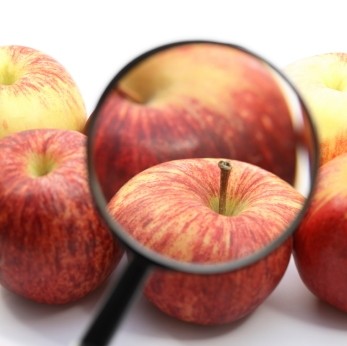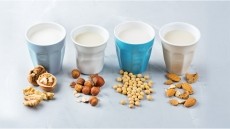Australia-China
First winery begins shipments under Aus-China organic joint-agreement

Temple Bruer in Milang, South Australia, has is now the first Australian operator to gain full organic status under a recent agreement between Australian organic certifier Nasaa and its Chinese counterpart, CHC, under a global market access agreement.
David Bruer, the winery’s owner, estimates Chinese organic certification will boost its annual export market by as much as 25% and net an additional A$760,000 (US$632,000) for the company.
Dollar doom
Exports had previously accounted for around 35% of the winery’s sales “before the Aussie dollar went crazy,” said Bruer.
“When the Australian dollar hit US$1.06, we didn’t lose a customer but they bought a lot less and we saw our exports drop to about 10% of what they had been. It wasn’t a lot of fun but we’ve lived through that, we’re exporting again and our numbers are going up.”
Achieving Chinese certification via Nasaa means the winery can legally export its organic wines to China. Since 1989, the company has been exporting to mostly Asian markets, including Taiwan, Japan, Hong Kong, Thailand, Singapore and The Philippines, as well as in small quantities to News Zealand, Canada, Britain and Sweden.
The winery began to ship Australian certified organic wine to China in 2004, but stopped in 2010 when Bruer became conscious that he required Chinese certification, which until the Nasaa-CHC agreement had been a costly and time-consuming process.
Access opening up
In March 2014 NASAA signed a global market access agreement with Chinese organic certifier CHC to inspect organic operations in Australia prior to export to China.
Nasaa general manager Ben Copeman said China does not recognise any international organic standards, and requires all products to be certified to the country’s own regulations.
“In April this year the Chinese authorities really started cracking down on foreign organic products that weren’t certified to the local standards.
“With foresight in mind, Nasaa signed a global market access agreement with CHC earlier this year which is saving Australian operators thousands of dollars and months of paperwork in exporting their organic products to China.”
Australia is building a reputation for the clean, green image of its produce in China, with Copeman tipping the country’s market for Australian organic beef, wine, dairy, children’s foods and processed foods to grow by around 20% over each of the next five years.
Chinese certification has provided a much needed boost for Temple Bruer’s export market, with one shipment sent and another 1,700 cases set to depart for China before Christmas.

















